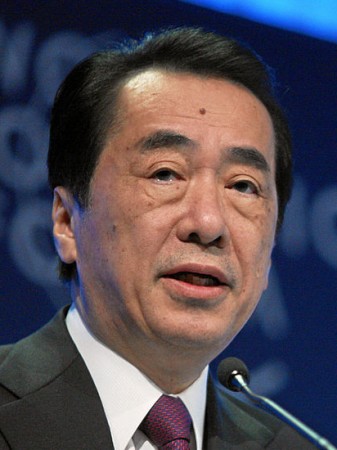
Naoto Kan passed a vote of no confidence last week after he had promised to step down soon. (Let’s keep aside the discussion of what he meant by “soon”.) His problem was not so much the opposition, who initiated the vote but only holds a minority of seats in the Lower House. Kan’s authority is challenged from within his own Democratic Party. Already the second prime minister since the party finally managed to take power in 2009, Kan is criticized for his handling of the triple catastrophe that hit Japan in March. (Again, let’s not argue whether the criticism is justified; after all, I want to make a more general argument.)
The Democratic Party holds a solid majority in the crucial Lower House and the next general elections are two years away. Then why is the ruling party so obsessed with changing its leadership? (A bad habit the DPJ seems to have inherited from its predecessor, the LDP.) One answer might be that Japanese politicians care much, probably too much, about opinion polls. Another possible answer is that there is a culture of demission: ministers are expected to step down in order to show responsibility for something that has happened or something they have done. While accountability is a necessary feature of a democratic political system, the threshold for demission seems far too low in Japan*.
Let’s have a look at one consequence of this culture of demission.


